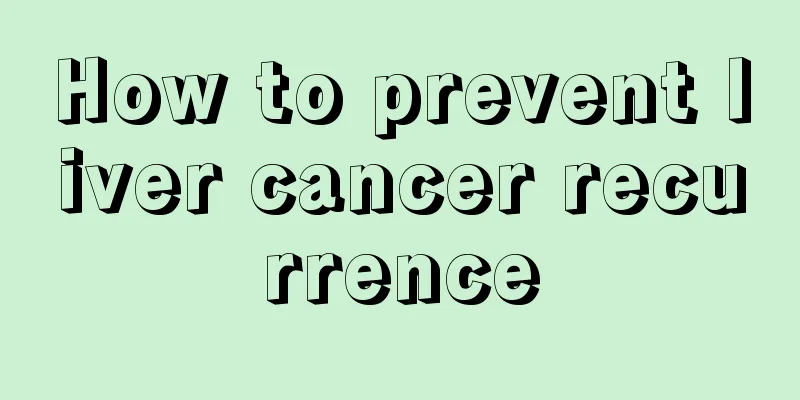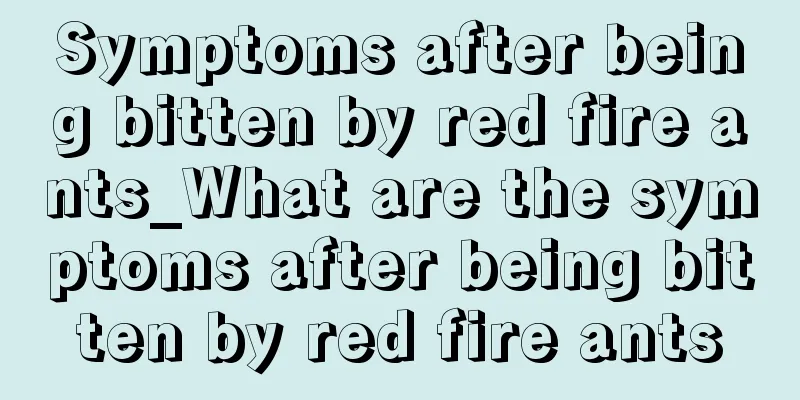Symptoms of tongue cancer at different stages

|
Tongue cancer is a type of oral disease. Its symptoms vary from early, middle, and late stages, but we don’t know the differences between the three stages. In fact, each stage has its own symptoms, so we can determine what stage our tongue cancer is in and what treatment method to use. Below, we will talk about the symptoms of each stage of tongue cancer. The early symptoms of tongue cancer include: sudden appearance of mucosal erythema, edema, erosion, white spots and fissures, flat tongue lichen, protrusions and granular granulations in the oral cavity. Although there is no obvious discomfort, after 2-4 weeks of treatment, instead of healing, the disease slowly spreads and grows larger; sudden loosening and falling of teeth, poor occlusion when chewing food, and discomfort of dentures for those with dentures; numbness and pain in the oral cavity and pharynx, which do not improve after general symptomatic treatment; long-term unhealed ulcers on the oral mucosa, which become pale and dull, similar to white spots, and fibrous cord nodules under the mucosa; localized lip red sticky Thickening of the membrane and formation of scales, accompanied by grayish-white keratotic spots; multiple unexplained bleeding and difficulty opening and closing the mouth in the mouth; sudden increase in saliva secretion, drooling, bloody nasal discharge, choking sensation when swallowing, maxillofacial masses and swollen lymph nodes, which persist and even gradually worsen; sudden restriction of tongue movement, slurred speech, pain when speaking and swallowing; although some protrusions and growths in the mouth are benign lesions, such as papilloma, hyperplasia caused by denture stimulation, purulent granuloma, etc., a few have been proven to be squamous cell carcinoma by pathological histology, which should also arouse vigilance. Mid-stage symptoms of tongue cancer Mid-stage symptoms of colon cancer are between the early and late stage symptoms and generally develop progressively. The late-stage symptoms of tongue cancer are: enlarged tongue or obvious ulcers in the mouth, easy bleeding, inability to retract the tongue, difficulty opening the mouth and eating, foul breath, lumps on the neck and under the jaw, or through the tongue and cheeks, soup and water leaking out, weight loss, shortness of breath and fatigue, mental fatigue, pale tongue with greasy coating, and a thin and rapid pulse. The main way to deal with tongue cancer is the same as other cancers. Pay close attention to your health and seek medical treatment in time if you find symptoms. Early detection and early treatment are effective ways to improve treatment effectiveness. |
<<: What are the early characteristics of tongue cancer
>>: What are the symptoms of tongue cancer
Recommend
What sequelae will be left after the removal of a pituitary tumor?
When it comes to pituitary tumors, I believe that...
What are the symptoms of mid-to-late stage gastric cancer
What are the symptoms of mid-to-late stage gastri...
What is the reason for having too much hair on the body
The condition of having excessive hair on the bod...
What are the symptoms of rheumatic headache
Rheumatic headache is the most common symptom, wh...
Ingredients of transparent soap
Many people like to use laundry soap when washing...
Living in a room with formaldehyde with windows open all the time
It is best not to live in a room that already con...
Doctors remind: People who are prone to developing cancer usually have these 4 diseases, check yourself quickly
Aunt Lin was walking in the community park as usu...
Functions of Ligustrum lucidum fruit
Perhaps you have not noticed that many of the fru...
Tips for reducing the degree of glasses
Myopia is very common nowadays. Young people nowa...
Which methods are good for treating ovarian tumors
Ovarian tumors bring a lot of harm to our lives. ...
Symptoms of stomach deficiency and coldness are caused by these reasons
The main cause of common stomach coldness is impr...
What can you eat to effectively prevent lung cancer? You can eat these foods to prevent lung cancer
Speaking of lung cancer, I believe everyone shoul...
What should I do with the places where cockroaches have crawled?
Cockroaches are a common creature in our lives. W...
Why does my lower abdomen ache
Why do I have a dull pain in my lower abdomen? Th...
What are the drugs for treating esophageal cancer
Esophageal cancer is a common malignant tumor. It...









